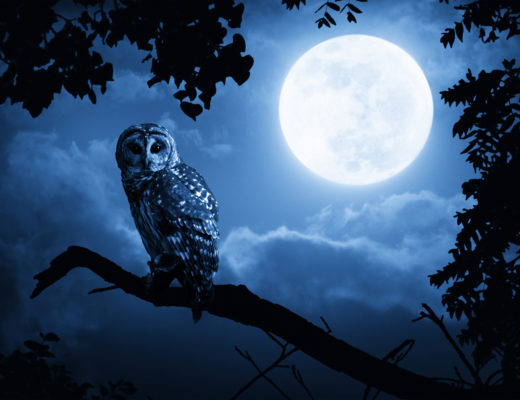What does it mean to know yourself? Is knowing yourself something you value? And how might you discover more of who you are?
The value of knowing yourself is not an idea that belongs exclusively to pop psychology.
It is an age-old wisdom.
‘Know Thyself’ was carved in stone in the forecourt of the Temple of Apollo at Delphi. This ancient religious sanctuary was home to the famous oracle of Apollo that gave cryptic guidance to the people of ancient Greece. ‘Know Thyself’ was a proverb, therefore, thought to be given by the oracle and to have come ultimately from the Greek god himself.
‘Know Thyself’ is more ancient however than the Temple of Apollo.
One school of thought is that it was adopted by the Greeks from Ancient Egypt. The inner sanctum of the ancient Temple of Luxor was inscribed with the proverb ‘Man, know thyself, and you are going to know the gods.’ This was sacred knowledge, able to be seen only in the inner temple and accessible only by those who had proven worthy of more knowledge and insights.
‘Know Thyself’ was also used extensively by the ancient Greek philosophers, including Socrates who famously said, “To know thyself is the beginning of wisdom”.
The sacred importance of knowing yourself is a philosophy that has persisted long after the Greeks and throughout the millennia.
Here it is again in the late Renaissance, as advice offered by father to son in Shakespeare’s Hamlet when the elderly counsellor to the king, Polonius, farewells his son Laertes with a parting wisdom . . .. “To thine own self be true”.
What does it mean, to know yourself?
To me it means becoming more aware, awake and conscious of my inner life, discovering the thoughts and feelings that motivate my actions. To do this I really need to observe myself, to ask in important moments what’s happening with my mind, my body and my emotions.
Repeated observations allow me to make crucial links as patterns begin to emerge. I reflect upon my history of living out these patterns, as far back as my early childhood days, and understanding of myself deepens. If pain arises at some discovery, it is healing to bring comfort and compassion to my pain.
Some people describe this as learning to love and accept yourself.
Pema Chodron
Buddhist teacher Pema Chodron explains how this might work:
“… the key to feeling more whole and less shut off and shut down is to be able to see clearly who we are and what we’re doing . . . If we see our so-called limitations with clarity, precision, gentleness, goodheartedness, and kindness and, having seen them fully, then let go, open further, we begin to find that our world is more vast and more refreshing and fascinating than we had realized before.”
The journey toward self-discovery is ripe with the potential for embracing what Pema Chodron calls our humanness, both our brilliance and our neurosis.
And it also opens us to the possibility of change. With increased personal insight and understanding comes the opportunity to make better choices for our lives.
How to Get Help
Does the journey of inner discovery sound like hard work? Well, it surely requires effort. And patience. Unlike the ancient Egyptians, however, it is not for us an exclusive path only open to sacred initiates.
We live in a psychological era, and at a time when the dawning age of Aquarius offers us its holistic vision that each individual working to become conscious of inner realities contributes to the betterment of the collective. We have plenty of help available to us, should we seek to know ourselves a little better.
Numerous modalities of counselling or psychotherapy are designed to help us discover ourselves, including of course, the intuitive guidance of Hearts Plan. Practices like mindfulness meditation can also help us to become more present and aware in the moment.
One strategy doesn’t fit all, and you may enjoy various types of self-enquiry at different places in your life’s journey.
One final point to make about self-discovery is that it is a process.
There is no finish line, we are always moving toward self-knowledge. It is a life-long journey.
The idea that the journey is unceasing is at least as old as the ancient Greek philosopher Heraclitus who wrote, “You could not discover the limits of soul, even if you travelled by every path in order to do so; such is the depth of its meaning.”
It is the process of coming to know ourselves, the continuous unearthing of what we call me or I, what Pema Chodron says is our brilliance mixed up with our craziness and confusion, that allows us to live a more authentic life, juicy with our inner riches.
Are you ready for the next step on your journey of self-discovery?
You might consider getting to know your archetypes.
I work with the idea that your character and your life story is shaped and energised by a unique pattern of archetypes, a pattern that I call your Heart’s Plan, and that Plato believed was imprinted upon your soul at birth.
Getting to know your archetypes can help you get a better understanding of who you are, why you are here and what you are going through.
If you’d like to get to know your archetypes, wherever you are on your journey, I’d love to hear from you.
“The mighty question arises upon us. What is one’s own real self? It certainly is not what we think we are and ought to be.” – D.H. Lawrence


